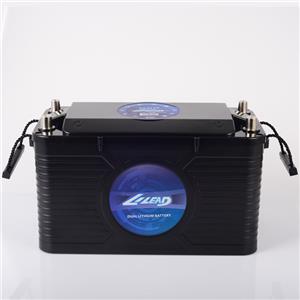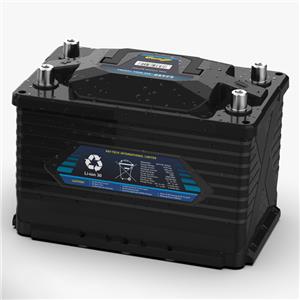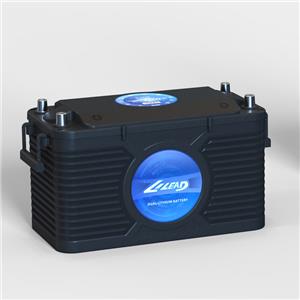Marine Lithium Batteries Powering Oceanographic Research Vessels
The application of lithium batteries has become a crucial technology in the field of oceanographic research, providing reliable power support and extended navigation time for research vessels. This technology's application not only drives progress in marine research but also offers scientists more opportunities to explore the oceans.
Research vessels require extended periods of observation and data collection in the vast ocean. The high energy density and outstanding endurance of lithium batteries allow these vessels to stay at sea for longer durations without the need for frequent returns to ports for recharging. This is of paramount importance for marine research as it enables scientists to comprehensively study the marine environment.
Lithium batteries also enhance power support for research instruments. Scientific equipment and instruments typically require a stable power supply to remain operational and collect data. Lithium batteries provide steady power, ensuring the successful execution of research tasks.
Simultaneously, the relatively low maintenance costs of lithium batteries are a significant advantage for oceanographic research budgets. Research funds can be allocated more towards actual research work rather than battery maintenance and replacement.
From an environmental perspective, lithium batteries are a clean energy source that does not pollute the marine environment. This contributes to the protection of marine ecosystems, minimizing the impact of research vessels on the marine environment.
In summary, the application of marine lithium batteries has advanced oceanographic research and provided scientists with better tools to study the oceans. This technology not only offers reliable power support but also helps reduce maintenance costs, allowing more funding to be directed towards actual research work.




